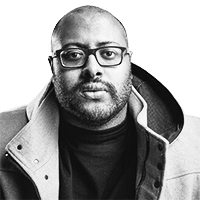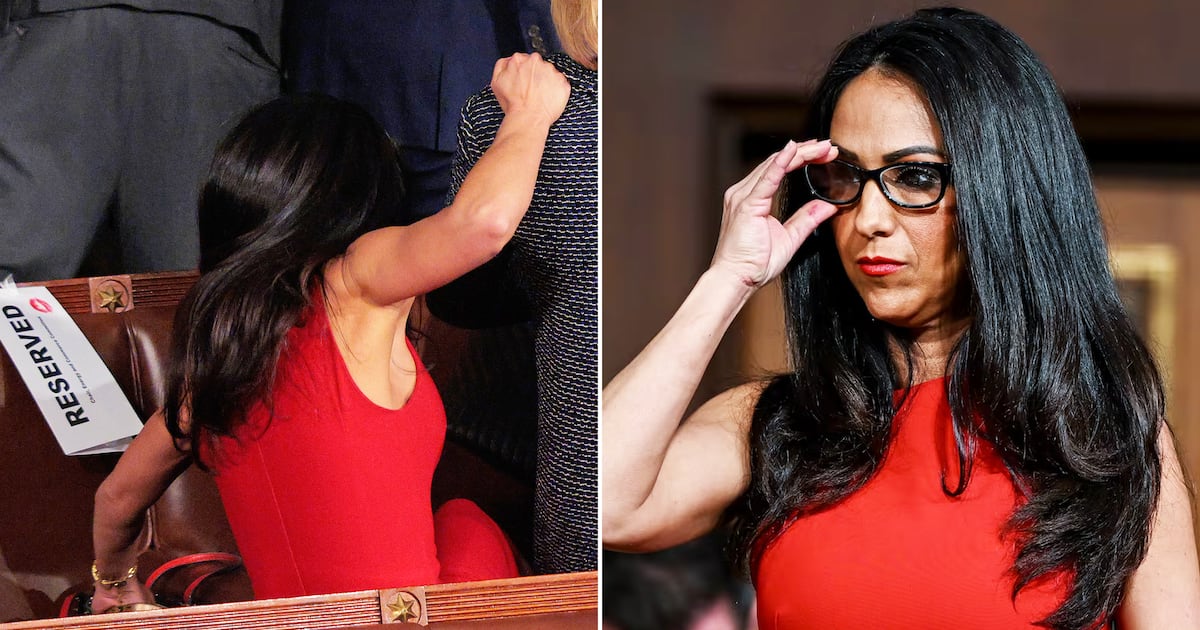The only way to improve Daredevil is to kill him. It is precisely for this reason that a building caves in on him and Elektra following an explosion at the conclusion of The Defenders. Daredevil is presumed dead by all of New York and his alter ego, Matt Murdock, is mourned by his friends. If only they knew what the audience does from the final scene of Netflix’s latest Marvel series: that Daredevil is very much alive and recovering in a convent.
During an interview with Francois Truffaut, Alfred Hitchcock once described the difference between surprise and suspense. It is, to paraphrase Hitch, exercising the option of informing your audience that there’s a bomb underneath the table for “fifteen seconds of surprise at the moment of explosion” or the “fifteen minutes of suspense” leading up to it. Here, The Defenders gives us a heads-up that Daredevil is still alive but also teases a potential storyline for season three, which begins filming this fall. It stands in direct contrast to another superhero universe, where we saw Superman “die” at the end of Batman v Superman: Dawn of Justice and now have to humor Warner Bros. and its preposterous attempts to pretend that The Man of Steel isn’t in the upcoming Justice League.
Letting the audience in on Daredevil’s fate does more than confirm he’ll be back for a third season of his series. The setting—the aforementioned convent—alludes to a popular 1986 Daredevil storyline entitled “Born Again.” The story introduces Matt’s mother, Maggie, who is revealed to be a nun that left her family to protect them from her violent outbursts brought on by postpartum depression. She cares for him after the Kingpin learns of Daredevil’s secret identity thanks to a drug-addicted Karen Page, and sets out to destroy his life. While we hear a nun say “Get Maggie” at the end of The Defenders, it’s safe to assume that parts of “Born Again” will be much different from the comic book (I don’t foresee Karen Page developing a sudden heroin addiction and dabbling in prostitution).

It’s appropriate that the show delve into “Born Again”—particularly because, while The Defenders is a team-up series featuring Daredevil, Luke Cage, Jessica Jones, and Iron Fist, it devotes its second half to course-correcting much of Daredevil’s muddled arc in Netflix’s Marvel universe. Daredevil is the son of a boxer who gained special abilities after he went blind in a childhood accident, and became a vigilante to protect the streets of Hell’s Kitchen. That, coupled with a heavy dose of Catholic guilt, has contributed to Daredevil being one of Marvel’s greatest characters since not just his creation, but also his 1981 gothic reboot by Frank Miller.
This story includes many of the elements that make Daredevil a compelling character: his ever-evolving moral code, his devotion to Elektra (who he once loved but is now a murderous assassin), and the Kingpin’s steadfast devotion to destroying Matt’s life. However, during the last season of Daredevil, any character development went out the window once Marvel got a hard-on for The Hand. What began as a nuanced take on whether or not Matt was losing his soul by taking justice into his hands (juxtaposed with his attempts to save Elektra’s), got bogged down in the silly antics of a nebulous ninja organization whose motives the writers never seemed to understand.
As I wrote recently, The Defenders was also stifled by the reappearance of these magical ninjas armed with an incomprehensible goal, and subsequently wasted guest star Sigourney Weaver. Oddly enough, once Elektra dispatched Weaver’s character and the assassin took over The Hand, the season experienced a burst of creative energy in its final two episodes. The through line was always Daredevil. As the only hero with two seasons under his belt, and the only one to launch a spin-off (the forthcoming The Punisher), Daredevil was the de facto lead of the show. While the series seemed like a sequel to Iron Fist at first, Daredevil quickly emerged as its emotional crux. Matt’s need to put on the mask felt like an addiction—one he tried to kick for the sake of his friendships with Karen and Foggy Nelson.
Being Daredevil felt like such a heavy burden to Matt for so long, but in The Defenders he finally embraces the fact that he loves being Daredevil. Hell’s Kitchen is his neighborhood after all, and the high—the thrill he gets from saving it and donning his costume—eventually inspires his fellow teammates, who still feel some obligation to use their abilities to save the world, rather than out of some deep joy of being a vigilante. Matt feels guilt for this, of course—there’s a confessional scene in the series—but he also knows that he’s the one best equipped to protect Hell’s Kitchen and save the people he loves, like Elektra.
Doug Petrie is the executive producer of Daredevil and also had a hand in creating The Defenders alongside Marco Ramirez. Petrie’s pedigree comes from his work on Buffy the Vampire Slayer, where he wrote similar stories about super-powered people teaming up to save the world. In the final episodes of The Defenders, it’s hard not to see the similarities between Buffy and Angel when it comes to Daredevil and Elektra. There’s the episode “Becoming,” where Buffy has to sacrifice her lover to save the world, and then there’s “The Gift,” where Buffy sacrificed herself to save the world. In the end, Daredevil chooses to sacrifice him and Elektra in order to save Hell’s Kitchen. To him, it’s the greatest gift he can give his city, and it’s ultimately what he deserves for giving in to his dark impulses.
But Daredevil didn’t perish like he expected to, instead winding up in the care of nuns. So what do you do when you sacrifice your life, only to find God has spared it?






